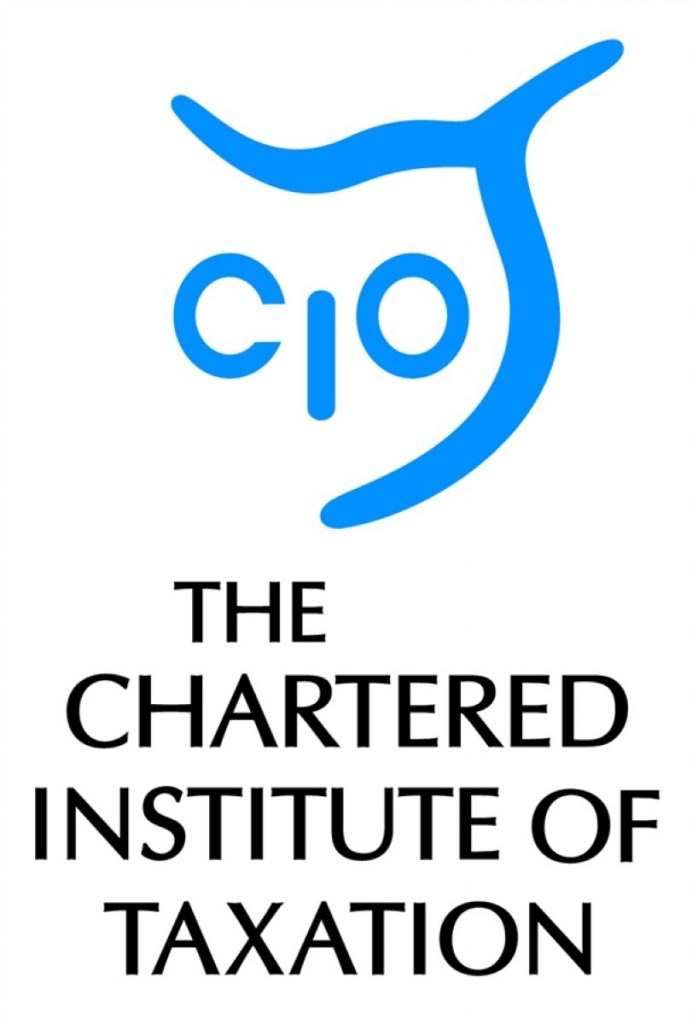Tax charity criticises HMRC for targeting compassionate individuals rather than charities to redress Gift Aid blunders
The Low Incomes Tax Reform Group (LITRG) is calling on HMRC not to pursue non-tax paying people for any tax due on donations they make under Gift Aid, saying it is fairer that reimbursements should come from the charity.
HMRC has recently drawn up a new Gift Aid declaration for one-off donations, which charities and community amateur sports clubs must begin using by April. The revised wording includes a new line warning people that if they pay less tax in a year than the amount of Gift Aid claimed on all of their donations it is their responsibility to pay the difference.
Anthony Thomas, Chairman of the Low Incomes Tax Reform Group, said:
“When the widow is generous with her mite, the last thing we want is for HMRC to pursue her for tax on the donation.”
Gift Aid declarations require donors to certify that they will pay tax at least equal to the tax on the gifts they are making. But when most charitable giving is done by standing orders, it is easy for people on low incomes to forget to cancel their Gift Aid declaration if, having paid tax in year one, they become a non-taxpayer in year two. LITRG believes this is more than ever likely to happen next tax year with the introduction of the personal savings allowance and £5,000 dividend exemption, combined with the nil per cent starting rate for savings and the raising year by year of the personal tax allowance.
Anthony Thomas said: “It is salutary to reflect that if a donor makes a gift of £80 under Gift Aid which is subsequently found not to be due, then, if the charity repays the £20, it will be no worse off than if the gift had not been made under Gift Aid in the first place. But, if the donor repays the £20, the charity will benefit by £20 which was not due to it and the donor will be £20 worse off than they had expected or intended.
“Twice in the past 13 years, when Finance Bill clauses on Gift Aid have been debated in Parliament, a Treasury minister has given an assurance that when a non-taxpayer makes a gift and mistakenly uses Gift Aid, HMRC’s practice is to approach the charity for reimbursement of the tax element of the gift, rather than the donor. The same should apply when a donor erroneously continues with a regular gift under a Gift Aid declaration made when they were a taxpayer.”
Notes to editors
1. During the Committee stage debates on Finance Bill 2002, the then Minister, John Healey MP, gave an assurance that: “In practice, where the Inland Revenue finds that a non-taxpayer's donation has been included in a gift aid claim from a charity, it invites the charity to make good the shortfall rather than pursuing the individual taxpayer.” (13 June 2002, col 402)
The same Minister repeated that assurance during a debate on the Finance Bill 2004, in the following terms: “Where it is established . . . that a donor has not paid enough tax to cover the value of the gift aid, the Inland Revenue can, as I said, assess the donor to recover that overpayment. However, as the hon. Gentleman said, I gave an undertaking during the proceedings on the Finance Bill in 2002 that, in many cases, the Inland Revenue will explain the situation first to the charity, which will then decide voluntarily to repay the amount of the tax reclaimed.” (6 July 2004, col 728)
2. HMRC said charities should begin using the new wording, which applies only to new donations, as soon as possible and by 5 April 2016.
3. Low Incomes Tax Reform Group
The LITRG is an initiative of the Chartered Institute of Taxation (CIOT) to give a voice to the unrepresented. Since 1998 LITRG has been working to improve the policy and processes of the tax, tax credits and associated welfare systems for the benefit of those on low incomes.
The CIOT is the leading professional body in the United Kingdom concerned solely with taxation. The CIOT is an educational charity, promoting education and study of the administration and practice of taxation. One of our key aims is to work for a better, more efficient, tax system for all affected by it – taxpayers, their advisers and the authorities. The CIOT’s work covers all aspects of taxation, including direct and indirect taxes and duties. The CIOT’s 17,500 members have the practising title of ‘Chartered Tax Adviser’ and the designatory letters ‘CTA’, to represent the leading tax qualification





-01.png)